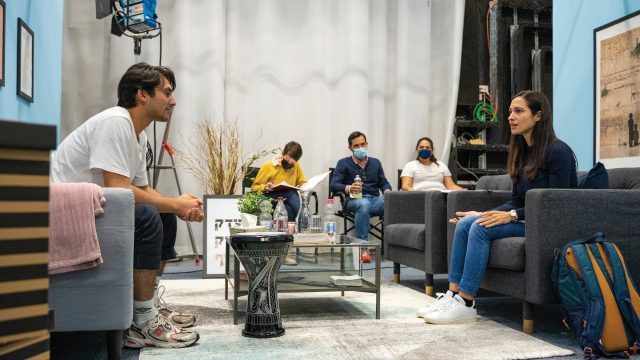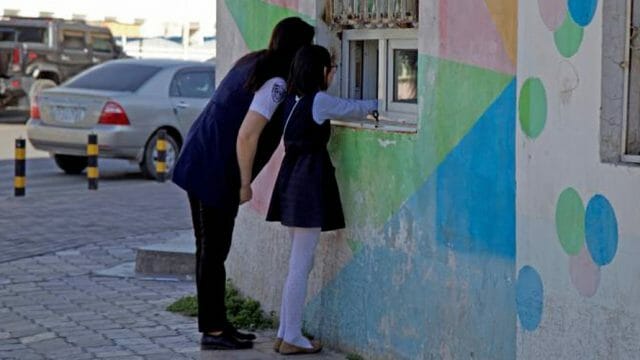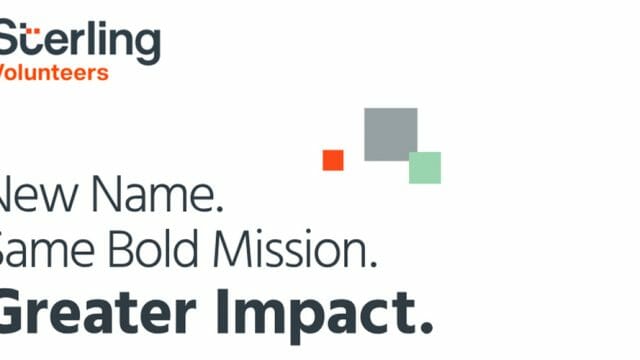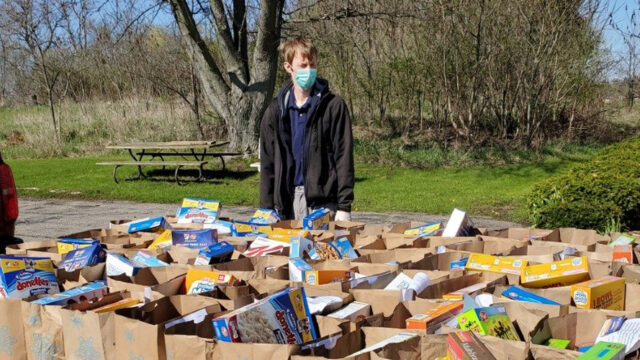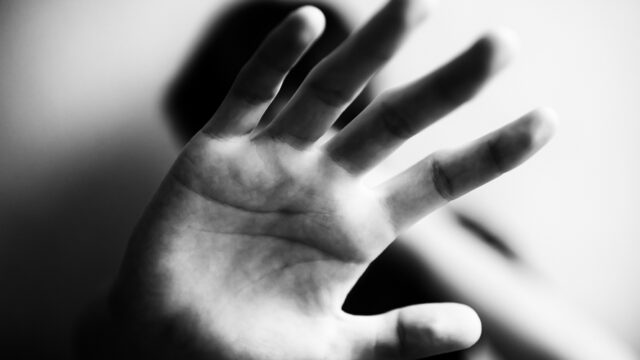Physical therapy services will focus on helping children with disabilities.
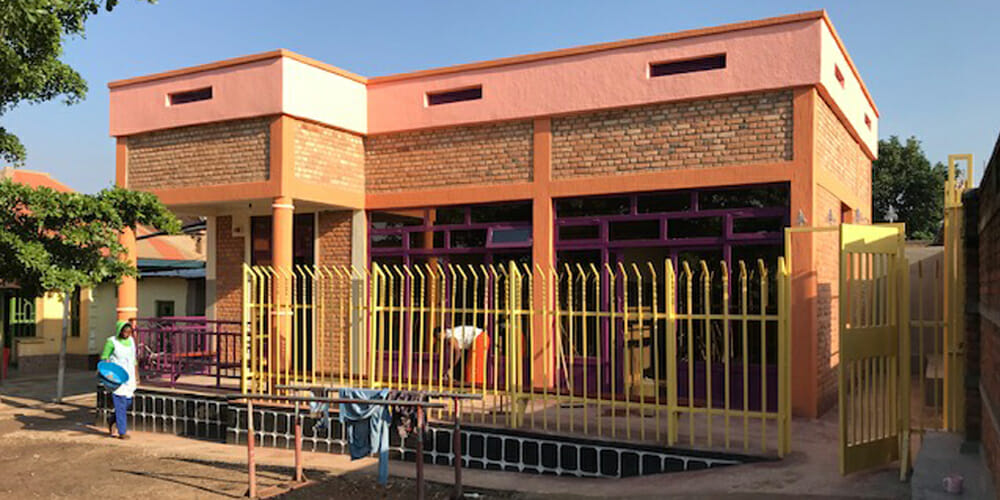
Inside a building in rural Rwanda, new exercise balls and wooden staircases are laid out for youngsters to use. At the Ubumwe Community Center, children with physical disabilities will receive the regular physical therapy they need. “Jessie’s Place,” a new physical therapy center sponsored by A Better World Canada (ABW), opened in April 2018 and is anticipated to change many lives.
Physical therapy is hard to find in Rwanda, partly because of what happened 24 years ago. Rwanda suffered one of the world’s worst genocides, and since that time, rebuilding has been occurring on many fronts. However, while schools are being built and other needs are being focused on, helping the disabled has lagged behind.
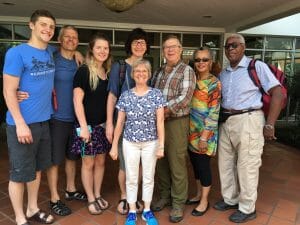
More than 10 years ago, ABW began working on projects scattered across this African nation. During one trip in search of potential projects, Rajah learned of the Ubumwe Community Center that caters to children with a variety of needs. He observed that the center was being run well but that it lacked physical therapy services for children with physical disabilities. Initially, ABW created a rehabilitation program within the community center.
“We had local physiotherapists working, but they didn’t have the space [they needed],” Rajah said. A physical therapy team from Canada assessed the children in February 2017 and helped determine what kind of building and equipment and further training were needed.
Several Canadian sponsors stepped forward to support the project. Construction got underway in late October 2017 on the approximately 1,000-square-foot (93-square-meter) brick-and-stone building. The main room is divided into two areas, one for supplies and the other for treatment.
Without this kind of center, Rajah said, it would be difficult for these children to markedly improve, as treatment would be provided too slowly. Some may have not received surgery because they didn’t have access to follow-up physical therapy. The providers at the physical therapy center will assess children and then decide what kind of therapy is required.
“More and more children are starting to come, knowing that we have these services,” said Rajah. “They’re staying in school and are able to come for treatment.”
For a next step, ABW plans to bring physicians to perform surgeries in the area around Lake Kivu, one of the African great lakes. When Rajah visited that region recently, he met an 11-year-old boy named Peter who faced leg amputation. Through Rajah’s direction, ABW paid for an operation, and Peter’s leg was saved. Now he is able to walk and will receive physical therapy at ABW’s new center. Surgeries will be provided mainly for children under 10 years old.
ABW leaders reported that they will also invest more in Umutara School for the Deaf in northwestern Rwanda, considered its flagship project in the country. “We have built a water catchment system, classrooms, dormitory, and a library there, with plans for another dormitory and additional toilets,” they said.


